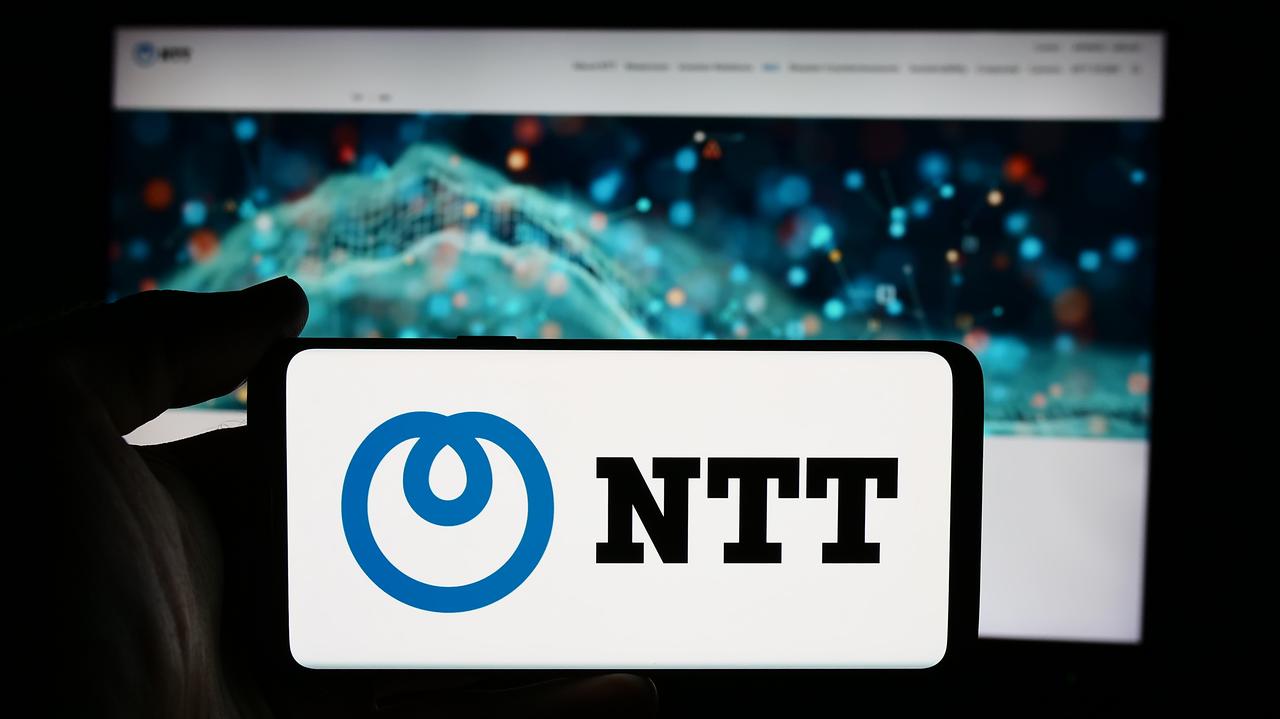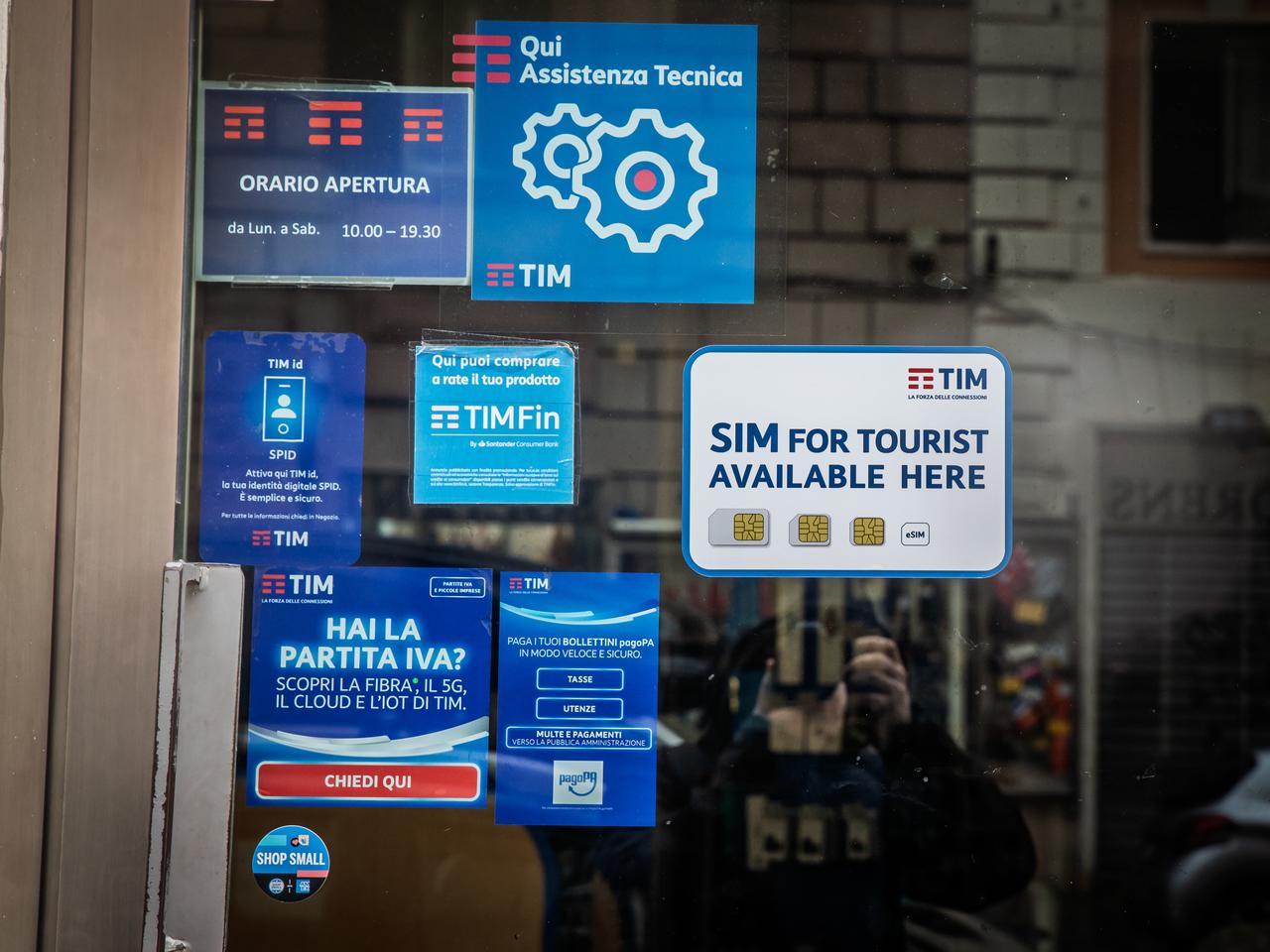
Türkiye’s Information Technologies and Communication Authority (BTK) has blocked access to at least 35 digital SIM service providers over the past two weeks, which allow users to activate mobile services without relying on traditional physical SIM cards.
The move comes amid growing efforts by Türkiye’s government to safeguard the position of domestic telecommunications providers. The access blocks appear to be aimed at protecting local carriers’ market share and keeping revenue within national borders.
By restricting foreign e-SIM services, authorities seem to be encouraging consumers to turn to domestic alternatives.
Among the restricted providers are well-known international brands such as Airalo, Holafly, Nomad, Instabridge, and Saily. The list also includes companies like CMLink, a subsidiary of China’s state-owned China Mobile, and Ubigi, part of Transatel, owned by Japan’s NTT Group.

According to EngelliWeb, a project by the Freedom of Expression Association that monitors online restrictions in the country, the identified list of blocked providers includes the following:
Saily, Airalo, Holafly, Nomad, Instabridge, Mobimatter, Alosim, BNESIM, Holiday eSIM, FlexiRoam, Airhub, GlobaleSIM, Roamless, Maya, Yesim, esims.io, CMLink, Ubigi, Keepgo, BetterRoaming, USIMS, AIRSIMe, EnjoyeSIM, eSIMtr, NumeroeSIM, GoMoWorld, eTravelSIM, Eskimo, RedteaGO, SimOptions, Sim Local, GigSky, OneSimCard, Voye, and DENT.
No official explanation has been issued regarding the reason for the coordinated block, but the decision effectively halts the use of foreign-based e-SIM services in Türkiye.
“eSIM technology has revolutionized the way travellers are able to connect, explore new places, and ultimately keep in touch with friends and family,” said Pablo Gomez Fernandez-Quintanilla, CEO at Holafly, in a written statement to Türkiye Today.
“Having the ability to choose the services travellers rely on is paramount and must be taken seriously. While the role of governance in regulating technology is necessary, we believe it should not interfere with the choices travellers want to make. Holafly’s goal has always been to provide valuable services worldwide, allowing consumers to create the best memories possible.”
e-SIM, short for embedded SIM, is a programmable SIM card technology integrated into mobile devices. Unlike physical SIM cards, e-SIMs cannot be removed and allow users to switch between multiple telecom profiles without changing cards.
Since 2018, usage has grown rapidly worldwide, with an estimated 20–25% of global mobile devices supporting e-SIM technology as of 2025, with expectations for near-universal adoption over the next decade.
According to market research by Fortune Business Insights, the global e‑SIM market was valued at $1.22 billion in 2023.
The market is projected to rise from $1.46 billion in 2024 to $6.29 billion by 2032, representing a compound annual growth rate of 20.0% over the 2024–2032 forecast period.
For international travelers from Türkiye, e-SIMs have become a cost-effective alternative for accessing mobile services abroad. Users often relied on foreign providers to bypass roaming charges from local operators.

The e-SIM sector has also attracted substantial investor interest since its debut. For instance, Roamless, a San Francisco-based startup with operations in Türkiye, raised $5 million in a 2024 seed round led by UAE-based Shorooq Partners.
Other investors include Türkiye-focused Revo Capital, Paribu Ventures, Finberg, and Luxembourg-based Deba Ventures.
Another major player, Airalo—founded by Turkish entrepreneurs—achieved unicorn status in July 2024 after securing $220 million in a Series C funding round.
The country’s sovereign wealth fund (TWF) holds majority shares in Turkcell and Türk Telekom, the two largest operators in Türkiye. These operators also offer e-SIM services, as Türkiye developed its own domestic e-SIM infrastructure in 2020, with local mobile providers already supporting the technology.
Professor Yaman Akdeniz, a law scholar at Istanbul Bilgi University and a prominent advocate for digital rights, criticized the decision, stating that authorities appear to be systematically targeting e-SIM providers without facing public opposition.
“They’ve set their sights on e-SIM providers. Since no one is speaking up, they’re blocking them one by one. The legal basis is not even clear,” Akdeniz said in a post shared on social media.
He also publicly questioned the lack of political response to the blocks, tagging major opposition figures and asking whether they would remain silent on the matter.